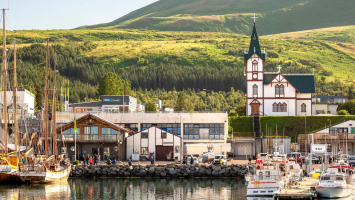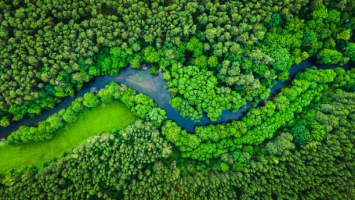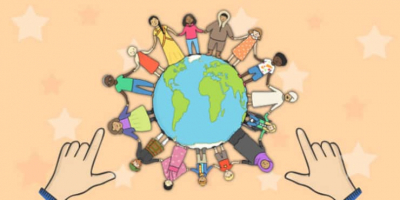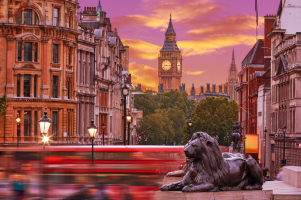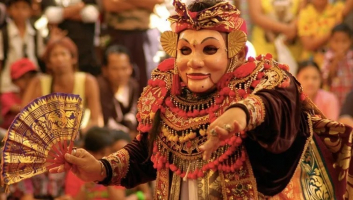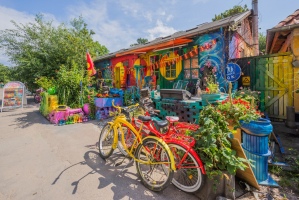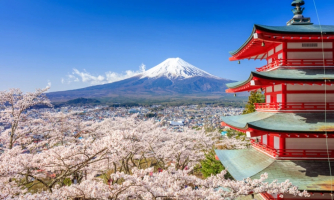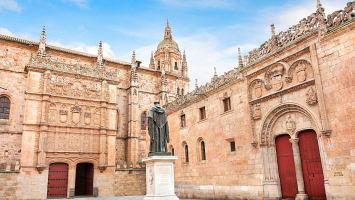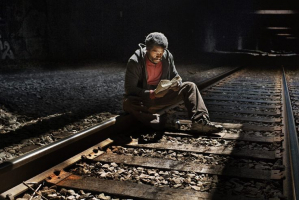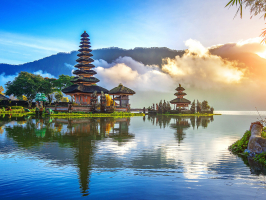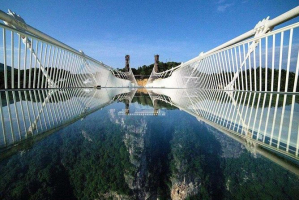Top 10 Little Known Conflicts Going On Around the World
The safety and well-being of a significant portion of the human population are actually threatened by some of them as they are in some of their most intense ... read more...phases. Here are some Little Known Conflicts Going On Around the World.
-
The Houthis, a sizable Shiite clan from the northwest Sa'dah region, launched an armed uprising against the government in Yemen, but it has since evolved into a massive proxy conflict akin to the one in Syria. Although the conflict dates back much longer, the current phase started in 2014 when rebels took control of Sana'a, Yemen's capital and largest city, as well as the presidential palace.
A coalition of ten nations, including Egypt, Morocco, Jordan, and Pakistan, as well as the US provided armaments and logistical support, launched a military campaign to retake the city in March of the same year. Even while it failed to drive the rebels from their positions, it did cause a humanitarian catastrophe for the civilian population, which has come to define this conflict to this day. What began as a small-scale uprising against price hikes and corruption has since expanded into a global proxy conflict with no apparent conclusion in sight.
The movement is more based on the Iranian Islamic revolution than, say, Al- Qaeda's, despite the opposition labeling it an extreme movement, which it also is in many aspects. Speaking of which, both the government and the rebels are being opposed by Al-Qaeda, which is also fighting with the Islamic State.Date: 18 June 2004 – 16 September 2014(10 years, 2 months, 4 weeks and 1 day)
Location: Former North Yemen
Result: Houthi victory in North Yemen; Conflict escalates into a full-scale civil war with the Yemeni government and foreign intervention- Houthi rebels take over Sa'dah and establish an independent administration in Sa'dah Governorate and parts of 'Amran, Al Jawf and Hajjah.
- Houthis take control of Sanaa
- Yemeni government under President Hadi relocated from Sanaa to Aden
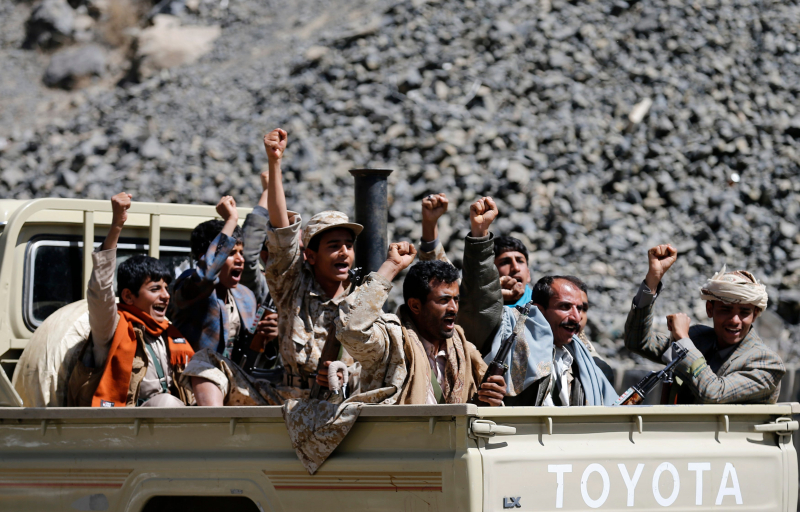
http://businessinsider.com.au/ 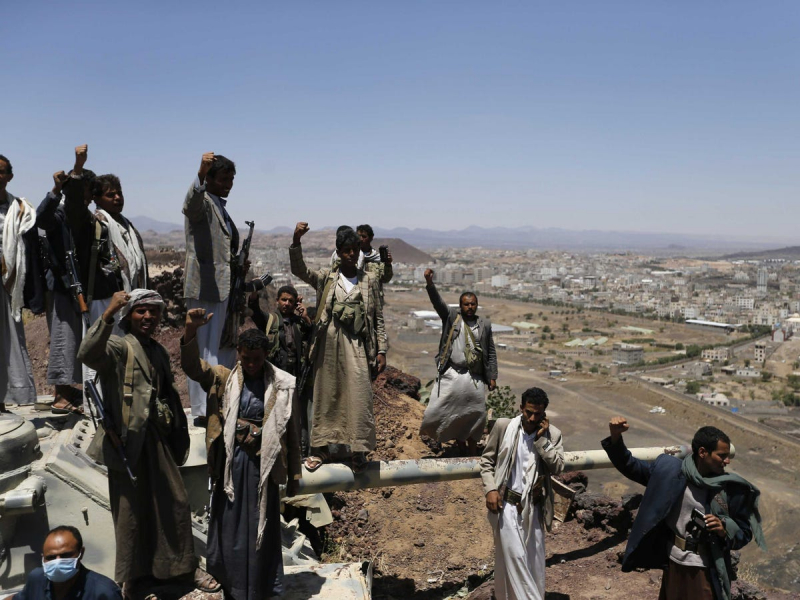
http://www.businessinsider.com/ -
Although it has developed into its own horrific shape over the past few years, the Mexican drug war might be considered as a component of the greater War on Drugs in the region. Drug cartel armed groups have been conducting a deadly conflict with the Mexican government since 2006. The violence is far from over; it frequently spreads to the surrounding areas and has so far claimed more than 300,000 lives throughout Mexico.
Nearly all of the region's drug trade is controlled by Mexican cartels, several of whom are also at open war with one another. People in society who are accused of working with rival gangs are frequently exposed to cruel execution and torture techniques. Although the security forces in Mexico have been effective in capturing or killing the heads of significant gangs, including the dramatic capture of El Chapo in 2014, this has not done much to address the underlying reasons of the war.
Date: December 11, 2006 – present(15 years, 11 months and 5 days)
Location: Throughout Mexico, with occasional spillover across international borders into Texas, Arizona, New Mexico, and California, and also into the Central and South American countries of El Salvador, Honduras, Nicaragua, Belize, Venezuela, Colombia, and Guatemala
Status: Ongoing
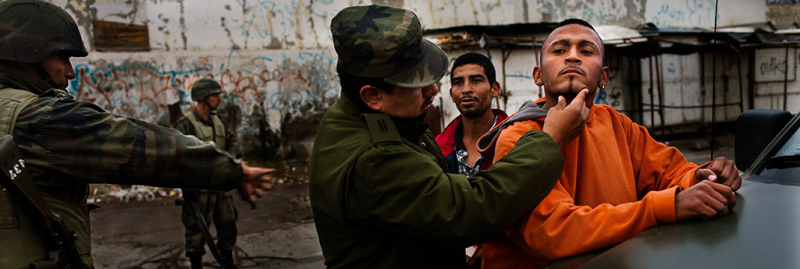
https://cnnphotos.blogs.cnn.com/ 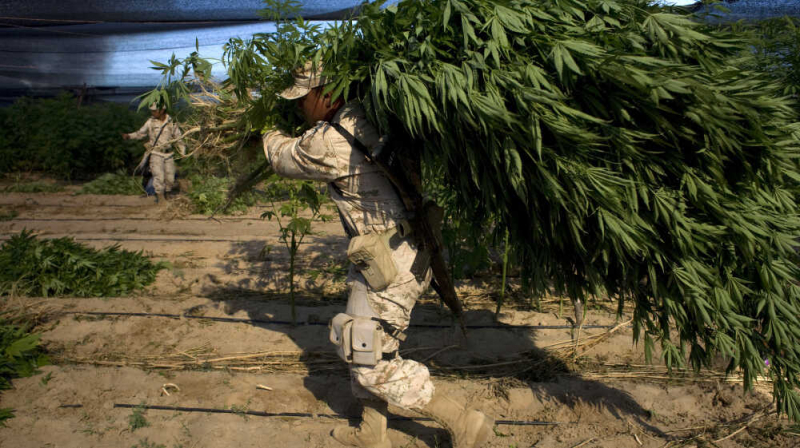
https://www.npr.org/ -
During the wave of uprisings that swept the Middle East and North Africa known as the Arab Spring, the Libyan Civil War was one of the bloodiest conflicts. It was also among the first wars fought in the information age—or, more specifically, the age of misinformation—starting in 2011. Right up until Gaddafi's gruesome execution in October 2011, social media was at its peak with what many now refer to as "fake news" from both sides, making it challenging to get a clearer picture of the situation.
Independent researchers and human rights organizations now have a far clearer understanding of the circumstance. The current government of Libya is made up of a number of warlords and factions, many of whom are radical Islamists, and is far from the stability and peace that the insurrection promised, at least in principle. Libya has become a refuge for slavers from all around the area in addition to the devastation caused by the war. According to human rights organizations and foreign observers, it's reportedly the only country with an open slave market.
Date: 2011–present
Location: Libya
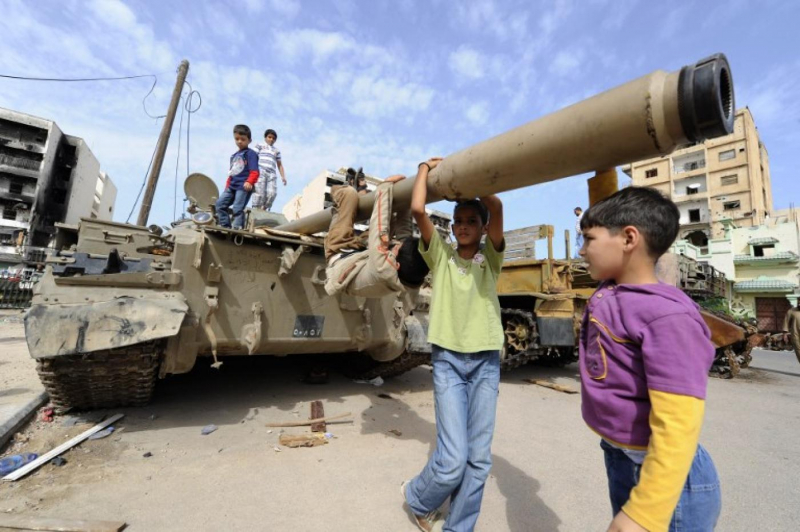
https://www.thediplomaticaffairs.com/ 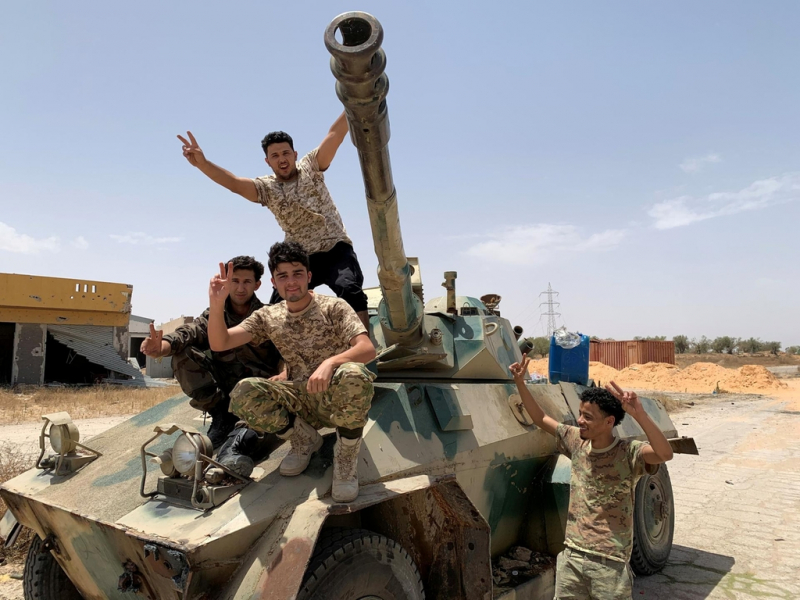
https://news.cgtn.com -
Islamist's extremists known as Boko Haram are active throughout central and west-central Africa. Although they are sometimes referred to as the Islamic State's West African branch, the two organizations are actually distinct, even though they share the same doctrinal objectives—the establishment of a world Islamic state.
Boko Haram terrorizes civilians and has been openly in armed insurrection against the Nigerian government since 2009; this struggle has claimed the lives of over 35,000 people to date. In recent years, violence has also spread to nearby countries like Chad, Cameroon, and Niger. By the time it is over, it may even have far-reaching effects outside of Africa.
Nigeria has paid a disproportionately high humanitarian price. The gang has committed kidnappings, murders, coordinated pogroms, bombings of government facilities, and several other atrocities since 2009 with the intention of undermining the government's authority in Nigeria.
Date: 26 July 2009 – present(13 years, 3 months and 3 weeks)
Location: Northern NigeriaNorthern Cameroon (from 2012)Southeast Niger (from 2014)Western Chad (from 2014)
Status: Ongoing (Map of the current military situation)
- Expansion of conflict into neighboring Cameroon, Chad, Mali, and Niger[48][50]
- Coalition offensive in 2015 forces Boko Haram to retreat into the Sambisa Forest
- Abubakar Shekau killed on 19 May 2021 amid ISWAP's capture of Sambisa Forest
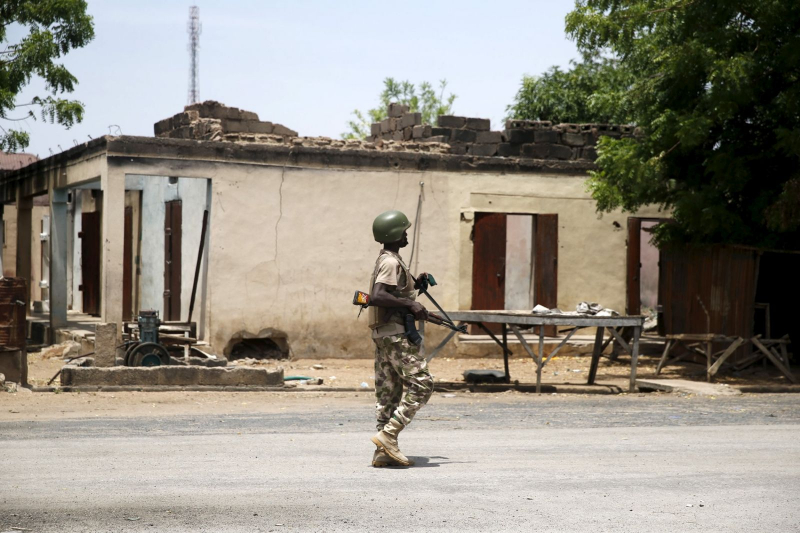
https://www.newsweek.com/ 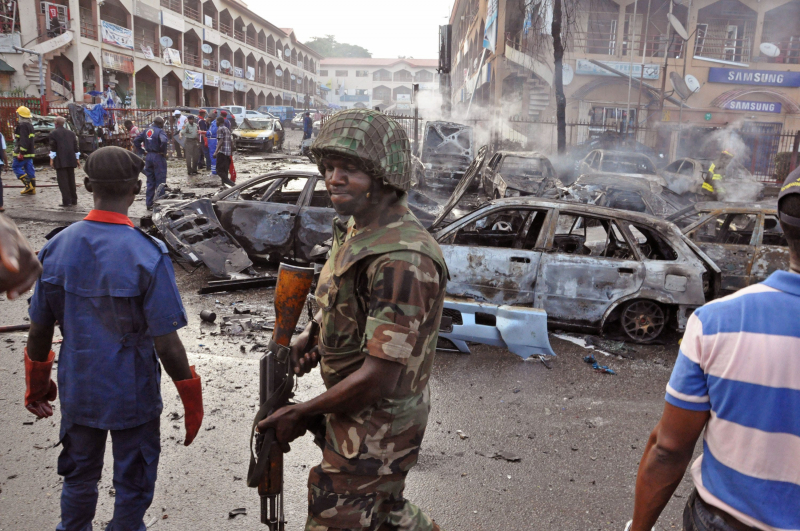
https://www.businessinsider.com.au/ - Expansion of conflict into neighboring Cameroon, Chad, Mali, and Niger[48][50]
-
Certain regions of Afghanistan are in a precarious situation as a result of the withdrawal of US and ally forces. As absurd as it may sound, the Taliban is threatened by an increasingly violent civil conflict with extremist groups, particularly the Afghanistan affiliate of the Islamic State, as it attempts to stabilize the situation throughout the war-torn nation.
Attacks by the international terrorist group, also known as Daesh to Afghans, have been more frequent and deadly since the departure, especially in and around Jalalabad. Although the Taliban and ISIS have always been at conflict, the Taliban now controls Afghanistan's military and financial resources.
Currently, in its early stages and limited to a few areas of the country near Jalalabad, the conflict has the potential to quickly get out of hand. Armed raids on government facilities and significant terrorist attacks that have already claimed the lives of hundreds of innocent civilians nationwide have been used as means of attack.
Date: 7 October 2001 – 30 August 2021(19 years, 10 months, 3 weeks and 2 days)
- First phase: 7 October 2001 – 28 December 2014
- Second phase: 1 January 2015 – 30 August 2021
Location: Afghanistan
Result:- Taliban victory Islamic State–Taliban conflict continues
- Anti-Taliban Republican insurgency begins
Territorial changes: Taliban control over Afghanistan increases compared to pre-intervention territory
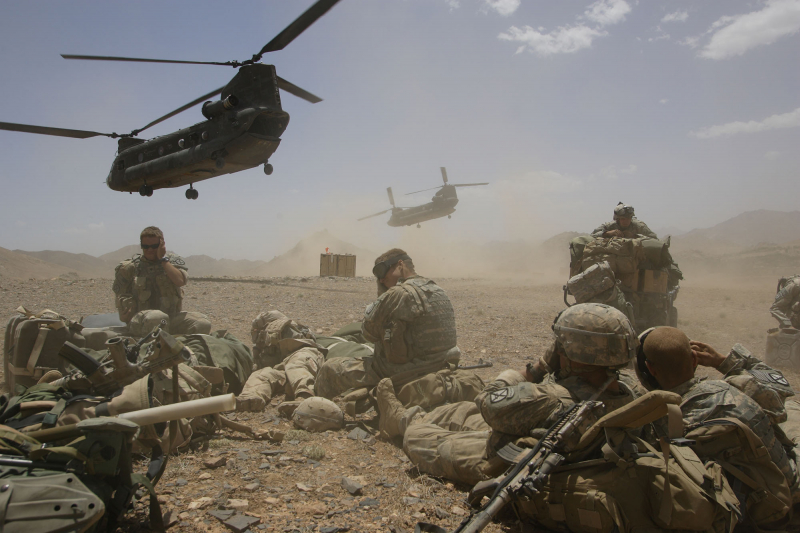
https://www.nytimes.com 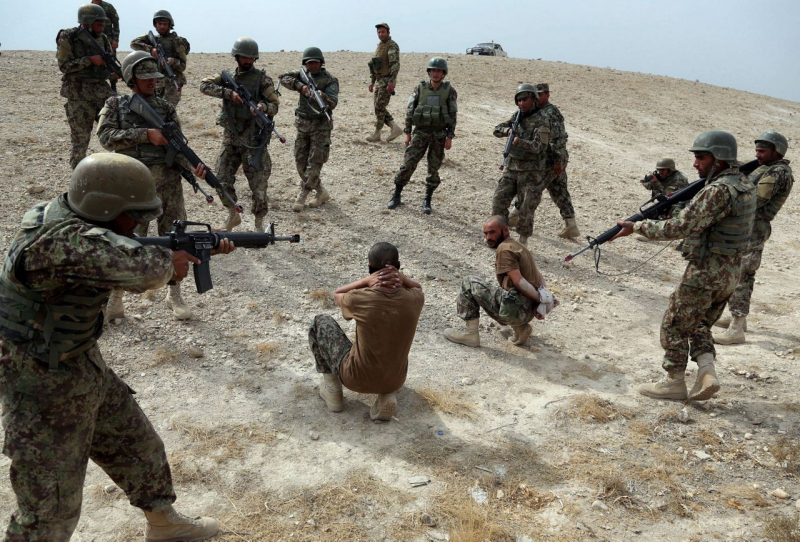
https://www.baynews9.com -
The current civil war in Somalia began with the overthrow of President Said Barre's government in 1991, when many armed groups carried out a brutal uprising to remove him from office. Since then, one of the longest-running wars in history has wreaked havoc across the whole nation. Due to circumstances including famine, open conflict, terrorist raids, disease, and piracy on its northern coastlines, among many others, the conflict that has killed anywhere between 450,000 and 1.5 million people so far has caused the displacement of almost 2.6 million Somalis.
Extremist groups like al-Shabaab are among the rebelling factions, which frequently prompts the government's forces to respond harshly, worsening the situation for civilians. The involvement of numerous nations in the battle, including the armies of Ethiopia, Kenya, the United States, and the African Union, as well as mercenaries and illegal foreign combatants like Al-Qaeda, has made matters more complicated. Despite widespread reports of war crimes and atrocities committed against civilians, international efforts to end the conflict have so far been ineffective.
Date: 1991 (disputed) – present
Location: Somalia
Result: Ongoing conflict- Fall of the Siad Barre administration
- Consolidation of states
- Conflict between radical Islamists and the government
- De facto independence of Somaliland
- New government formed in 2012
Territorial changes: Somaliland declares independence; Somalia loses 27.6% of its territory
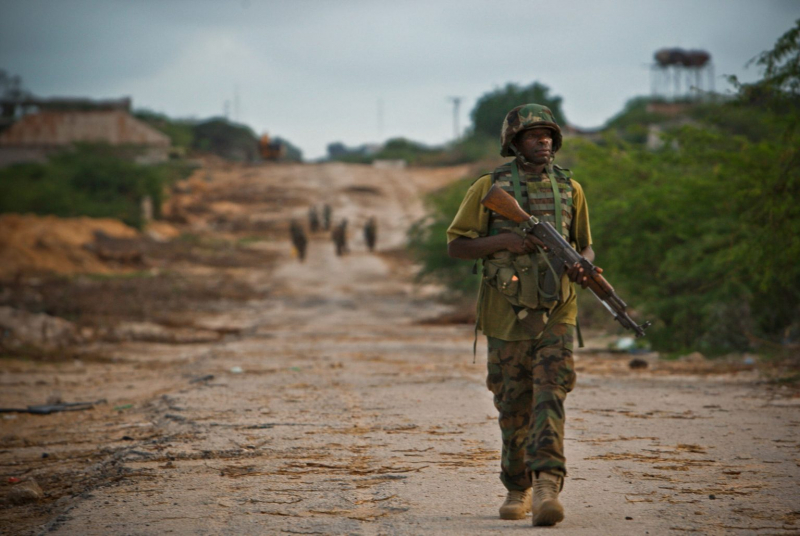
https://theowp.org/ 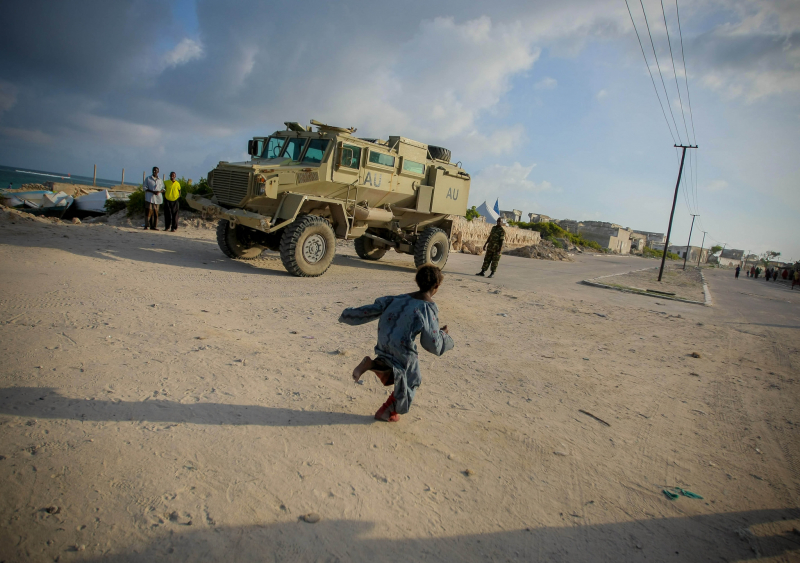
https://borgenproject.org - Fall of the Siad Barre administration
-
When JKLF members abducted the daughter of India's Home Minister in 1989, the insurgency in Kashmir's Indian portion officially got under way. They sought the exchange of some of their own militants, and eventually got their wish. Following the kidnapping, there were numerous protests across the state, which led Indian security forces to launch a harsh counter-insurgency operation.
One of the longest-running ongoing insurgencies in the world, the Kashmir insurgency in the Indian side of Kashmir, is sometimes attributed to that one incident. Following that, other armed insurgency groups—some of them extremist—started to emerge throughout the region in the 1990s, which was a problem made worse by the circumstances in Afghanistan.
This was the beginning of the armed, violent rebellion that has so far killed up to 70,000 people, though the actual number may be much higher. Kashmir already had a complicated geopolitical status at the time because it was controlled in part by India, Pakistan, and China following the British withdrawal in 1947. Even though the worst of it is over, there are still clashes with the local police and counterterrorism raids in villages all over Kashmir.Date: 13 July 1989 – present (33 years, 5 months and 2 days)
Location: Jammu and Kashmir
Status: Ongoing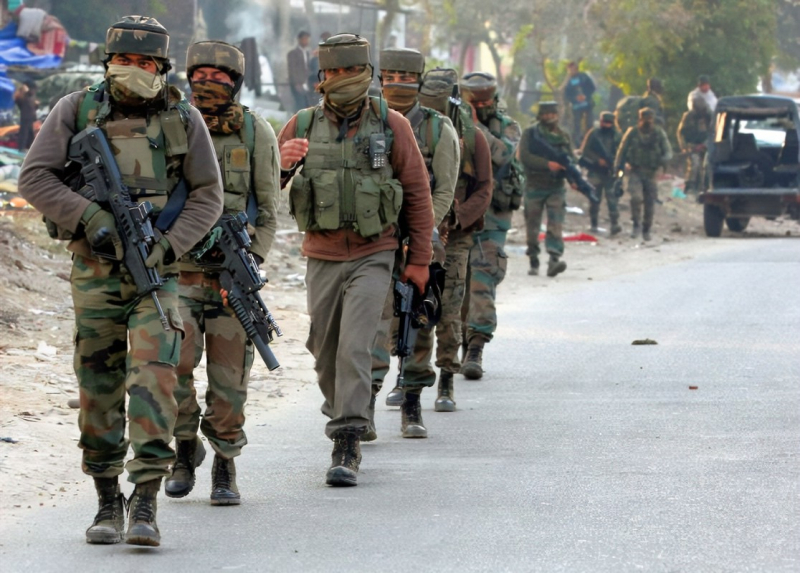
https://www.rediff.com 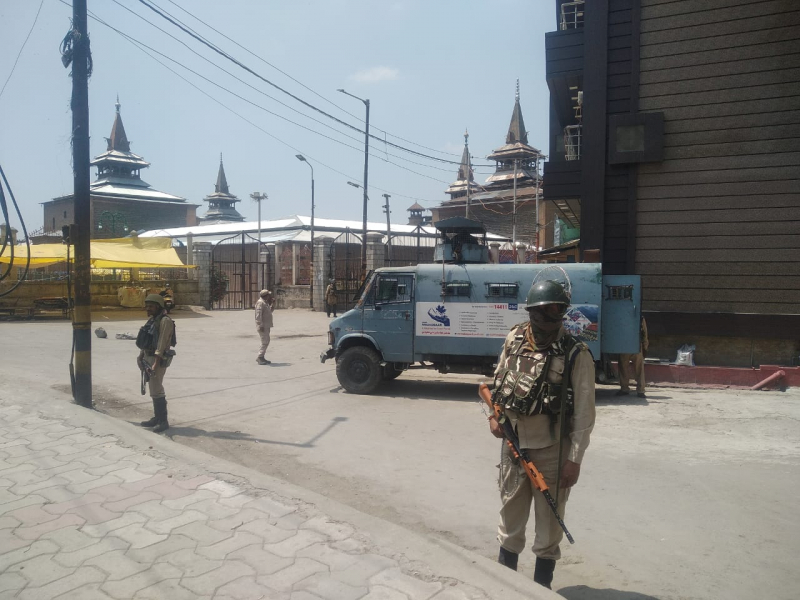
https://www.newsclick.in/ -
Although a peace agreement was struck in 2016, the current Colombian civil war, which has been going on since 1964, still rages in many regions of the nation. Given the fact that there are numerous distinct parties engaging in this war, it is challenging to identify precisely who is opposing whom. That includes the governments of several countries, including the USA, far-right paramilitary groups, private death squads employed by companies, drug cartels, communist groups like the FARC and ELN, and private death squads.
The dispute is still very active, despite the fact that things have changed for the better in recent years. Since the conflict's inception, numerous cases of war crimes such as rapes, forced disappearances, torture, and murder have been reported. A large portion of the violence has been directed against the native population who are thought to be affiliated with one of the numerous armed groups engaged in the fighting.
Given that Colombia is the world's top producer of cocaine, the ongoing worldwide war on drugs further complicates the overall scenario. The violence has claimed the lives of around 220,000 people so far, however many believe the real toll is much higher.
Date: 1964~2016
Location: Colombia
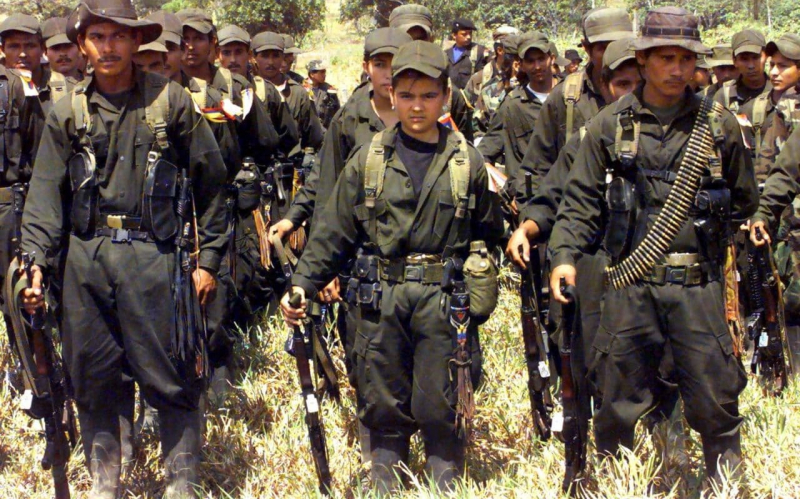
http://www.telegraph.co.uk/ 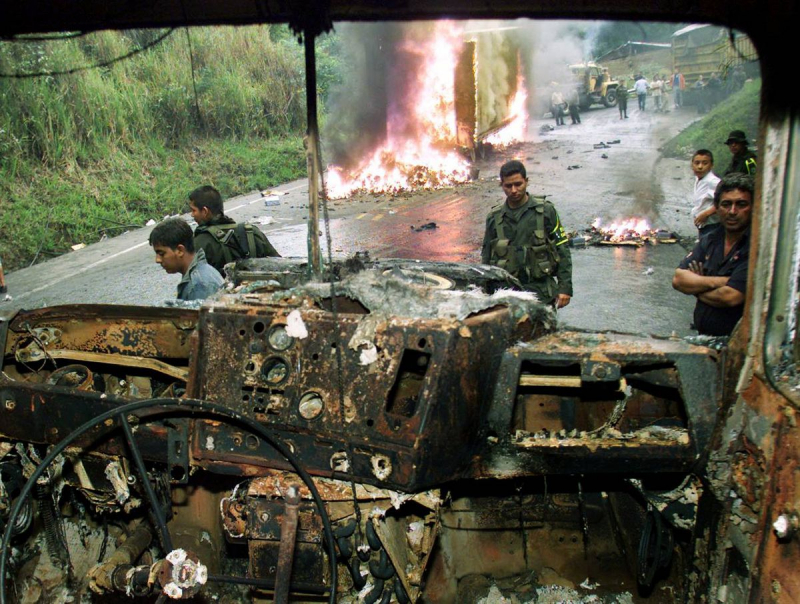
https://www.theglobeandmail.com -
You did read that correctly. The Second World War is hardly "little known," either. The fact that it's still going on, though? That is, perhaps, less widely known. Although they are also claimed by Japan, the Kuril Islands, also known as the Northern Territories, are a collection of islands off the northern coast of that country that are under Russian authority.
The islands, which were occupied during World War II, were first inhabited by the Ainu people, who were subsequently driven out over the course of generations by Japanese settlers. It was taken by Red Army troops in the last months of the war in 1945, and all of its Japanese residents were driven out in 1946.
Because of this disagreement, Japan and Russia have yet to formally ratify a peace accord, keeping the Second World War alive. Although Japan still regards the islands as being a part of its borders, many would just dismiss it as a technicality. Additionally, since the start of the invasion of Ukraine, tensions between the two nations have increased, and Russia has specifically used this to rule out any chance of peace talks over the islands.
Date:1 September 1939 – 2 September 1945(6 years and 1 day)
Location: Major theaters:Europe, Pacific, Atlantic, Indian Ocean, South-East Asia, China, Japan, Middle East, Mediterranean, North Africa ,Horn of Africa, Central Africa ,Australia ,North and South America
Result: Allied victory
- Fall of Nazi Germany, Fascist Italy, and Imperial Japan
- Allied military occupations of Germany, Japan, Austria, and Korea
- Beginning of the Nuclear Age
- Dissolution of the League of Nations and creation of the United Nations
- Decolonisation of Asia and Africa and decline of European international influence
- Emergence of the United States and the Soviet Union as rival superpowers and beginning of the Cold War (see Aftermath of World War II)
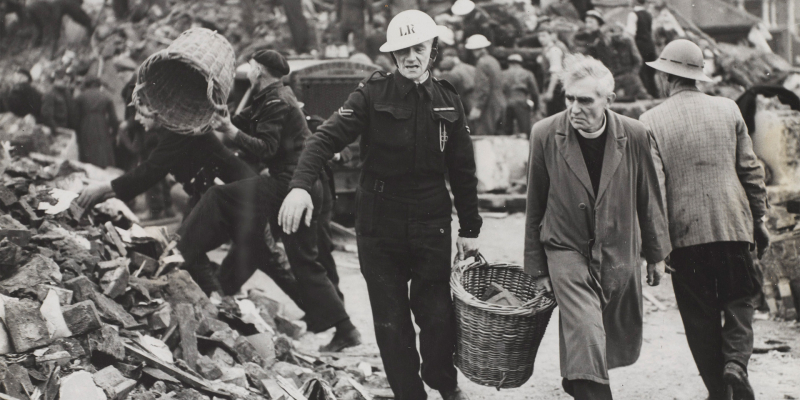
https://www.nam.ac.uk/ 
https://www.expressandstar.com/n - Fall of Nazi Germany, Fascist Italy, and Imperial Japan
-
Tigray, the nation's most northern state, is currently the scene of a brutal civil war waged by the Ethiopian government. One of the greatest battles in African history, the conflict that started in November 2020 has claimed over 500,000 lives and uprooted nearly two million as of April 2022.
In addition to the typical tragedies of war, the area is currently experiencing a severe hunger. According to human rights organizations, more than 90% of the population may be in urgent need of humanitarian aid. But the conflict is far from ended, and at this time it only looks to be getting worse. It's a complicated dispute with many different parties involved, especially the neighboring Eritrea.
Although the rebels regard it as a fight for self-determination, Ethiopia claims that the conflict is a separatist effort to establish a Tigray state. Ethiopia views the Tigray People's Liberation Front (TPLF) as a terrorist group and frequently conducts operations to quell the uprising, albeit this hasn't significantly reduced the level of violence. Gross war crimes have been reported by human rights organizations from both sides, though most of them are still unconfirmed and unknown due to the war's secrecy.
Date: 3 November 2020 – 3 November 2022(2 years)Full-scale war:3 November 2020 – 24 March 2022
- Ceasefire:24 March – 24 August 2022
- War re-escalates:24 August – 3 November 2022
- Rapprochement:3 November 2022 – present
Location: Tigray Region, Amhara Region, and Afar Region, EthiopiaSpillovers Central Region, Eritrea and Al Qadarif, Sudan
Result: Ethiopian Government victory- Both the ENDF and TPLF formally agreed to a cessation of hostilities and systematic, verifiable disarmament 12 November 2022 Truce Agreement signed by both parties
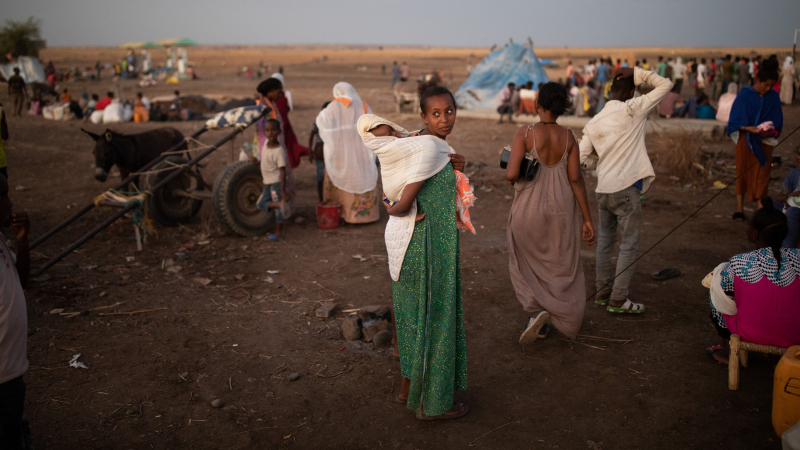
https://www.nytimes.com 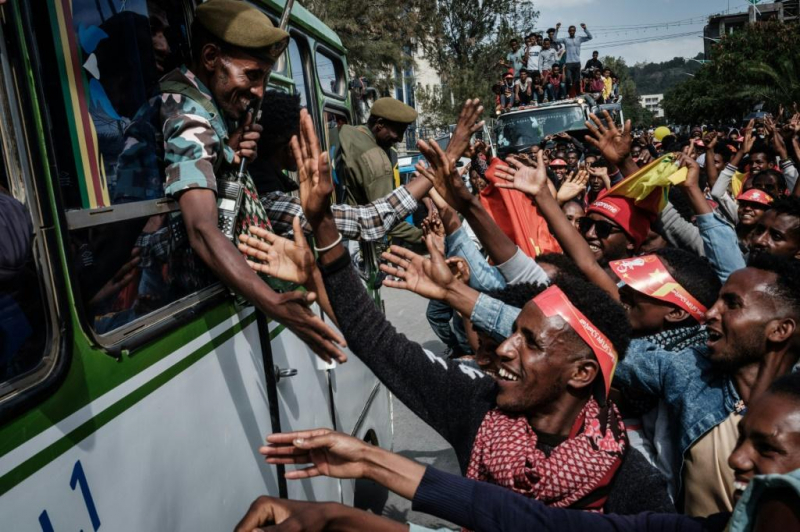
https://www.ibtimes.com/ - Ceasefire:24 March – 24 August 2022












